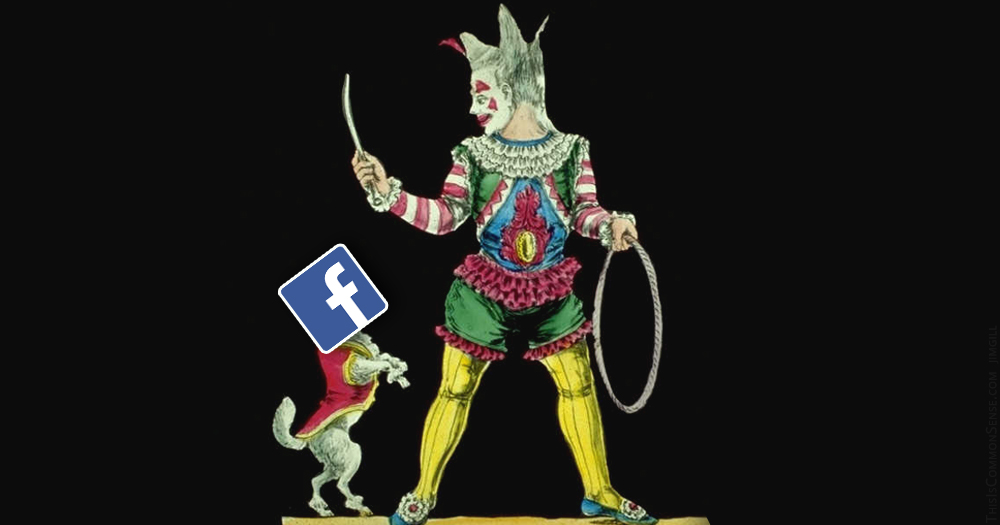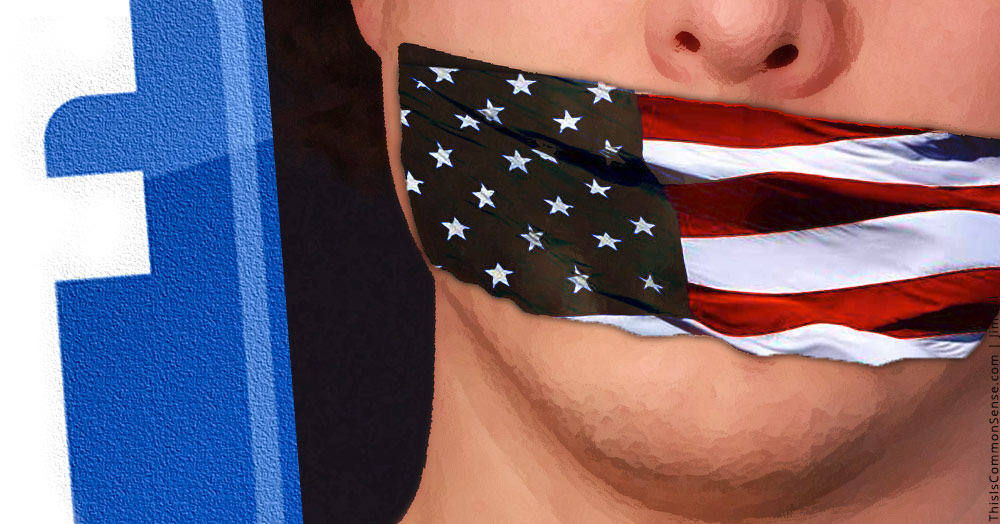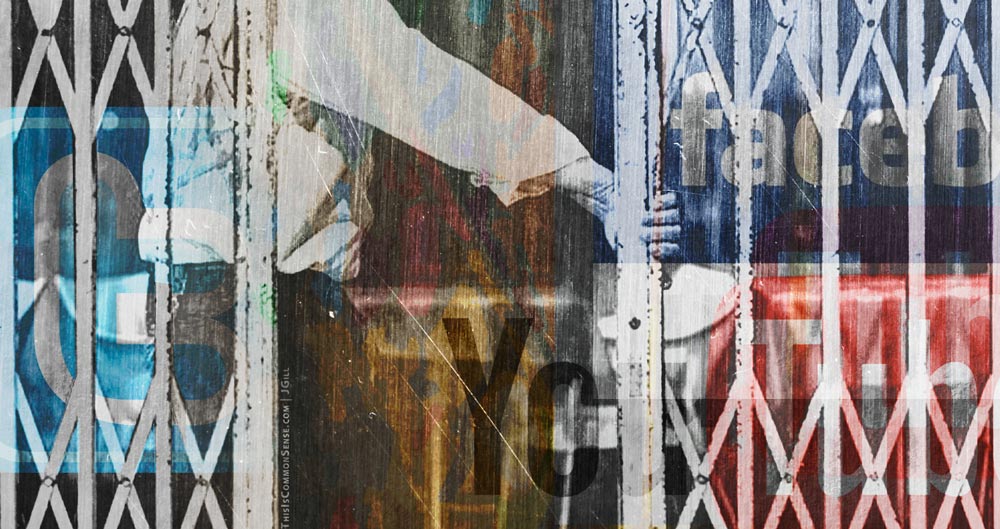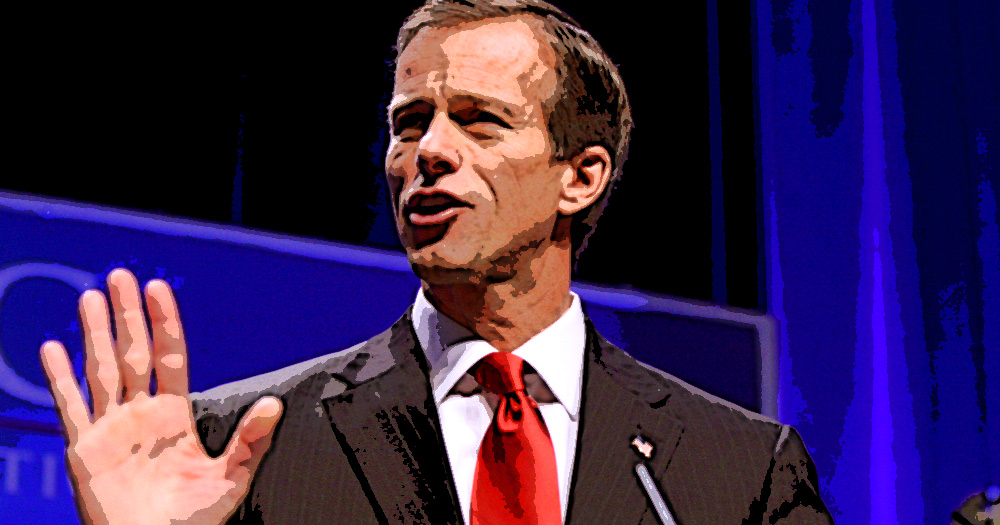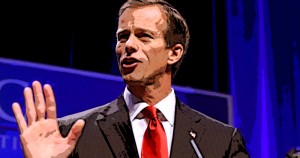Congress grilled Facebook CEO Mark Zuckerberg, last week, and as usual ended up roasting itself.
“Zuckerberg has already experienced the worst punishment of all,” quipped comedian Trevor Noah on The Daily Show. “He had to spend four hours explaining Facebook to senior citizens.”
Utah Sen. Orrin Hatch, retiring after his 42nd consecutive year in Washington, asked, “How do you sustain a business model in which users don’t pay for your service?”
“Senator,” Zuckerberg incredulously replied, “we run ads.”
Inc. magazine reported the obvious: “several of our elected leaders asked questions that were highly uninformed, or in some cases just plain weird.”
Uninformed. Weird. That’s them, alright.*
Still, the Washington establishment seems to seriously think these same congressmen ought to be re-writing privacy rules.
“Elected officials know the public wants them to do something to protect their privacy,” announced Chuck Todd, host of NBC’s Meet the Press. “The question now turns to what is that something?”
“Americans are largely together on this issue,” Todd said, citing a recent poll where a similar “66 percent of Democrats and 68 percent of Republicans say they want more control over the information companies have about them.”
But Democrats and Republicans are together on something else: Only 21 percent of Democrats and a tiny 14 percent of Republicans “trust the federal government” to act on the issue.
The senators, though obviously “confused about basic topics,” Emily Stewart wrote at Vox, “seem to agree they want to fix something about Facebook. They just have no idea what.”
Please Congress: DON’T “do something.” Don’t do that thing you do.
This is Common Sense. I’m Paul Jacob.
* Reason TV has a very funny video on the Zuckerberg hearing.
